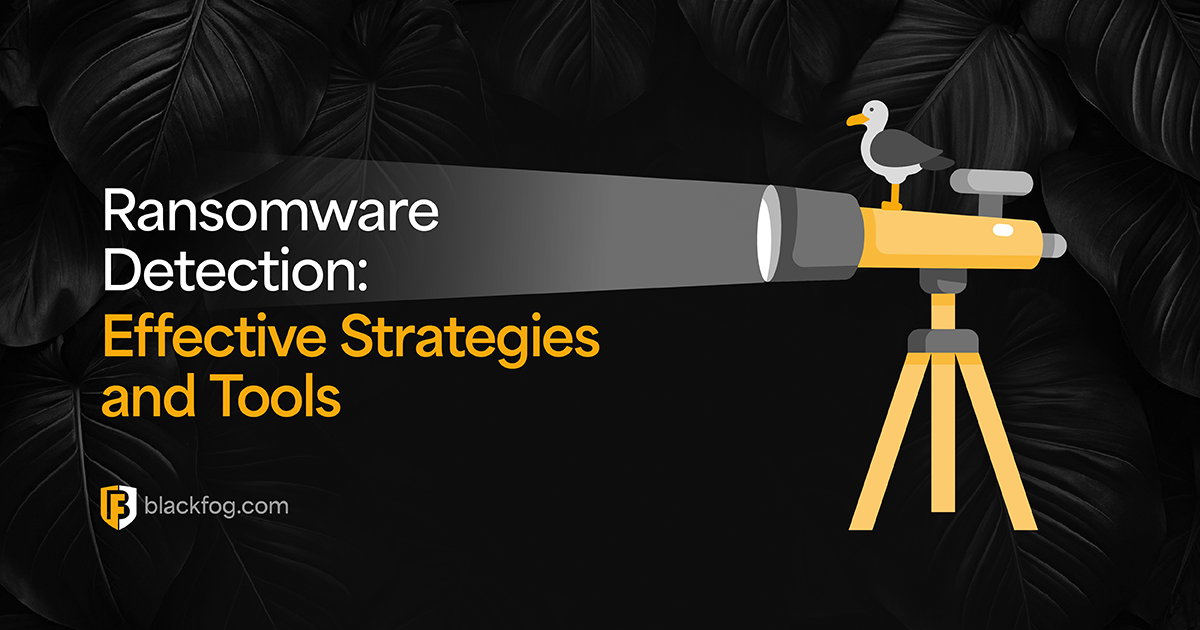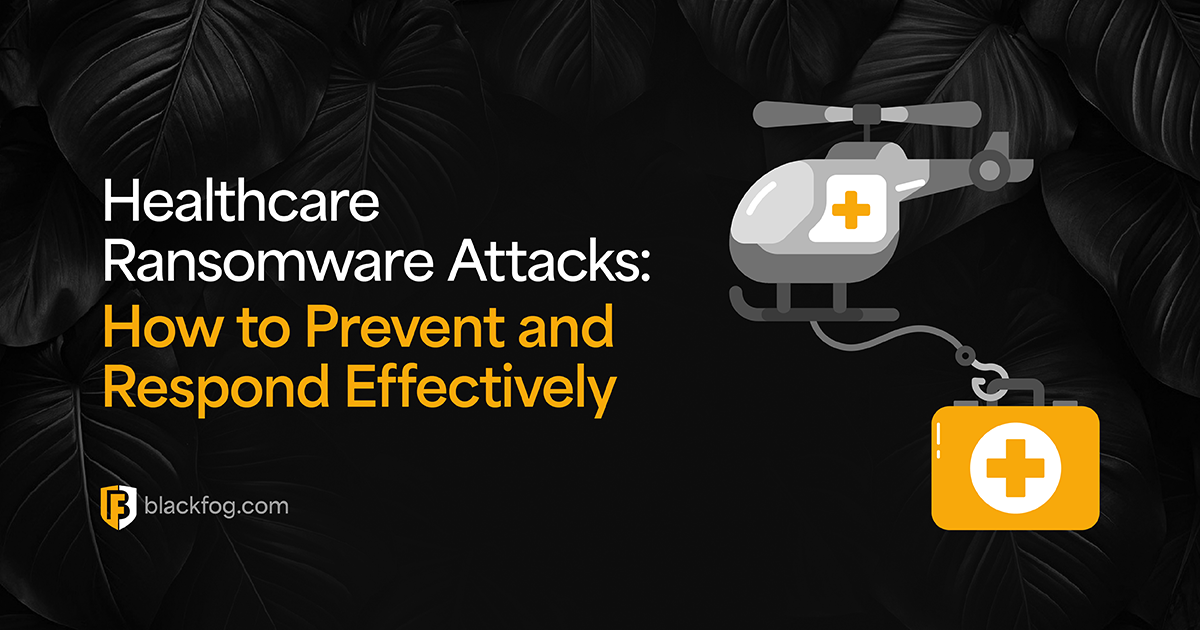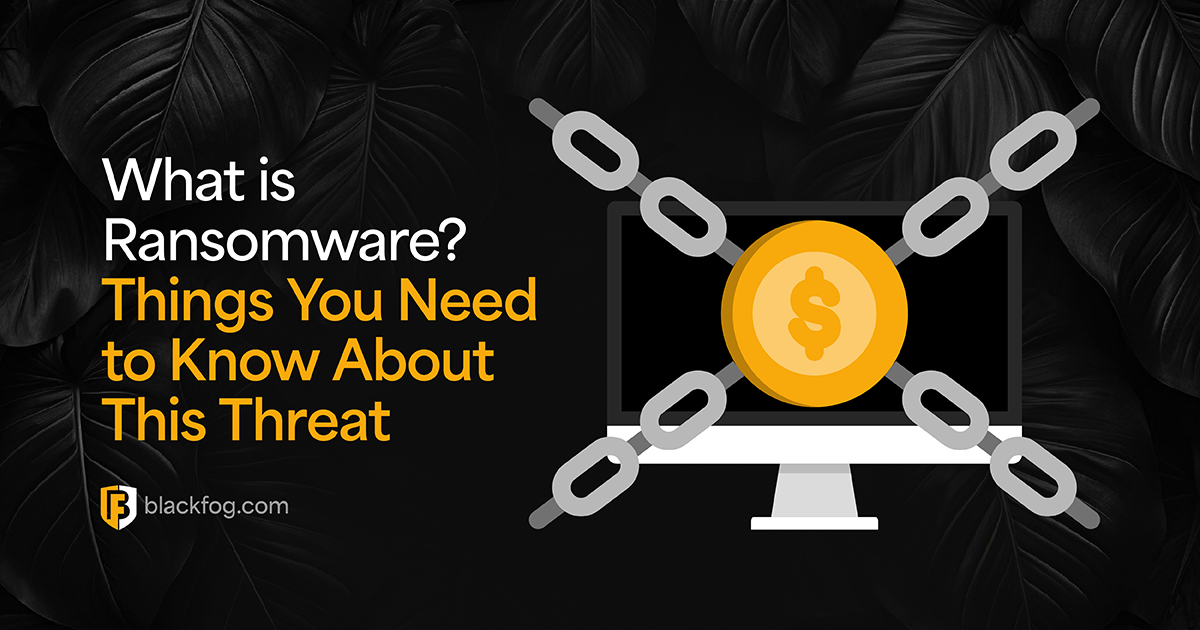
Compliance as a Service (CaaS)
Keeping up with all the compliance rules can often feel like an insurmountable challenge. They constantly evolve, making it difficult to stay informed and often taking up more time than most teams can afford. However, staying compliant doesn’t have to be an arduous task.
CaaS is a smart option. Instead of hiring a whole team, you pay experts who specialize in compliance intricacies. They take care of the hard work so you can focus on what your business is good at.
For companies trying to grow or figure out a better way to stay compliant, CaaS is indeed a solid choice. It’s also becoming more popular—the market was worth $7.55 billion in 2023 and is expected to hit $26.75 billion by 2032 with steady growth.
This article demonstrate how CaaS works, why you might want to try it, and how it can make staying compliant less of a headache.
Who Needs Compliance as a Service?
Many organizations question if CaaS fits their needs – the answer depends on regulatory obligations, industry requirements, and internal resources. CaaS is especially valuable for:
- Small and medium-sized companies that don’t have compliance departments
- Healthcare institutions overseeing HIPAA regulations
- Financial organizations addressing PCI adherence
- Technology firms managing several data protection laws
- New businesses entering new markets with specific compliance requirements
CaaS is highly valuable for organizations belonging to strict business areas. These sectors are heavily regulated under various compliance frameworks. Without specialized help, compliance will inevitably become difficult to handle.
Fast growing organizations will find CaaS helpful in terms of international expansion or when operating in an environment with multiple regulatory frameworks.
As an organization expands into new markets or services, compliance requirements increase exponentially. CaaS provides a compelling way to maintain resilient compliance without investing in substantial in-house capabilities.
5 Benefits of Compliance as a Service

CaaS transforms how businesses today handle compliance. Companies see their costs drop substantially through predictable subscription pricing. This eliminates the need to make large upfront investments.
- Cost-Effectiveness: Partnering with compliance experts can save on compliance costs as you will not need to pay for an in-house team.
- Access to Expert Knowledge: You gain instant access to seasoned compliance specialists who are always aware of the latest regulations.
- Improved Risk Management: You gain ongoing monitoring and real-time alerting that detects compliance issues in their infancy.
- Improved Operations: Automated systems can manage compliance work, freeing your teams to focus on core business tasks.
- Flexible Solutions: Your compliance program adjusts to new markets and regulations — naturally it grows with your business.
Beyond these short-term gains, there are even more advantages, such as good documentation and reporting which helps you strengthen your governance. Your organization can make better decisions thanks to this clarity.
Frequently Asked Questions
Here are some of the most frequently asked questions about CaaS, so you can make the right call about incorporating this model into your organization.
1. What Is Compliance as a Service (CaaS)?
CaaS is a managed solution for companies in regulated industries. It allows organizations to comply with requirements without having to recruit a large in-house team. As a hybrid compliance offering, CaaS combines the knowledge of specific consultants alongside automated tools and optimized workflows to create a simplified compliance process that delivers consistent compliance with regulatory standards.
2. Who can benefit from CaaS most?
CaaS is best suited in sectors like technology, finance, and healthcare, where compliance with complicated regulations is necessary. It will be useful to organizations that handle sensitive data, are located in several jurisdictions, or follow several frameworks.
3. How does CaaS save costs?
By freeing clients from large, up-front investments in compliance infrastructure or the related cost of hiring and training in-house compliance teams, CaaS allows businesses to scale their compliance investment as they grow. Rather, companies will pay a known subscription fee that includes access to expert professionals and automated tools.
4. Can CaaS be used by small businesses?
Absolutely, all businesses, especially small and medium-sized businesses (SMBs) without dedicated compliance teams, can hugely benefit from CaaS. It gives them access to specialized compliance expertise and scalable solutions that match their specific needs.
5. How does CaaS improve risk management?
CaaS solutions perform constant monitoring to detect and issue real-time alerts, to ensure compliance issues are recognized and addressed, as early as possible. They provide an effective strategy to reduce regulatory risk and breaches in businesses.
Conclusion
CaaS enables your company to manage compliance without the need to build an extensive compliance department. Working with an expert will help you mitigate any risks, get accurate instructions, and save costs. These services could very possibly change how you manage multiple regulatory requirements altogether.
Take Your Next Steps With BlackFog
BlackFog provides an anti data exfiltration (ADX) solution and vCISO services to organizations that understand the value of data and prevention-based security policies. Keeping data from leaving your network reduces overall risk, optimizing cybersecurity compliance and audit outcomes across the board.
Learn more or request a demo to get started.
Share This Story, Choose Your Platform!
Related Posts
The State of Ransomware 2025
BlackFog's state of ransomware report 2025 measures publicly disclosed and non-disclosed attacks globally.
Pass the Hash Attacks: What They Are and How to Stop Them
Pass the Hash attacks could initiate a devastating ransomware breach. Here's everything you need to know about what they are and how to defend against them.
REvil Ransomware: The Rise and Fall of One of the World’s Most Notorious Cybercrime Gangs
How did the REvil ransomware group earn tens of millions of dollars from businesses - and what legacy has it left behind for today's businesses?
Ransomware Detection: Effective Strategies and Tools
Find out what tools and techniques organizations need to create an effective ransomware detection solution.
Healthcare Ransomware Attacks: How to Prevent and Respond Effectively
What are the key risks of healthcare ransomware attacks and how can institutions protect themselves from these threats?
What is Ransomware? Things You Need to Know About This Threat
What is ransomware and how does it work? Learn how modern attacks are evolving and what businesses need to stay protected in 2025 and beyond.






